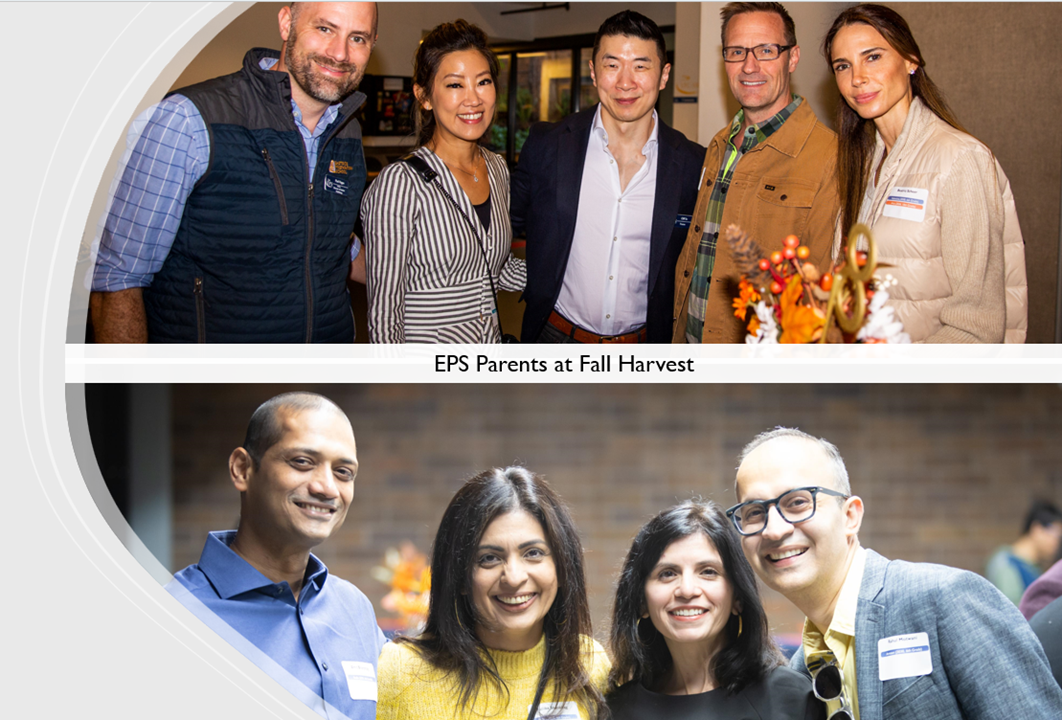
INSIGHT: Taking Care of Others by Taking Care of Ourselves
By Jamie Andrus, Asst Director of Student Well-Being
Nothing I have ever done in my entire life is as challenging as parenting. Yes, it is also the most rewarding part of my life, but this doesn’t change the fact that it is constant, emotionally demanding, and often exhausting. The internet’s advice about the “correct” way to raise children is as relentless and judgmental as contradictory, and the decision fatigue is monumental. As the full-time parent of a toddler and a part-time parent of a teen and a tween, it is often intuitive to eat last, neglect my sleep, and take on their worries as my own. It’s okay if I’m not okay as long as they are okay. The problem is that this isn’t true. Just as I take on my kids’ stress and emotions, they take on mine. My own experience is validated by extensive research that one of the most important influences on a child’s well-being is the well-being of their caregivers. Parents and guardians who prioritize their mental and emotional health have the capacity to provide the support, patience, and responsiveness children need to thrive. So, the answer is simple: we take care of ourselves to care for our children. Problem solved.
I hope you are laughing. Easier said than done, right? How can we make time for meaningful self-care when the time simply doesn’t exist? If it is teens who are experiencing a growing mental health crisis, shouldn’t the focus be on them? By encouraging independence in our children and supporting our own mental health, we can increase the entire family’s well-being.
One of the more recent hypotheses about the decline in adolescent mental health is the decrease in childhood independence. Understandably, we want to protect our kids from harm, whether physical or emotional, and yet, studies repeatedly show that childhood and adolescent happiness is linked to feelings of confidence, autonomy, and competence. When kids are given opportunities for independence, they build evidence that they are capable. As our children gain independence, so do we, and those minutes of freedom add up over time. Even small changes like teaching kids to pack their own lunches or do their own laundry reduce the demands on caregivers and help make time for a walk outside, going to bed a little earlier, or even just sitting down to eat.
There are, of course, cases where the concerns are more significant. Watching a child struggle with anxiety and depression can cause parents and guardians to experience these conditions as well. It’s often a priority to get kids the support of a therapist, psychologist, or psychiatrist first and worry about the parents’ mental health later. However, this isn’t always a possibility. Some children and teens are resistant to working with a therapist. Finding after-school appointments or openings with providers who take insurance can also be challenging. On the other hand, it is often substantially easier to find services for adults. While not always suited for kids, virtual appointments can be very effective for adults and make scheduling easier. By engaging in therapy themselves, parents and guardians model the importance of mental health and their belief that effective treatments exist. Additionally, building skills like setting boundaries, emotion regulation, and stress reduction will, in turn, help parents and guardians to be more present and supportive at home.
Lastly, don’t forget to rely on the support of your community. Talking to parents with similar challenges and concerns can alleviate feelings of isolation, and by hearing what has worked for others, you may find solutions for specific problems. There are numerous opportunities for EPS families to engage with one another, including meetings of the Association of Parents and Guardians and social events like Fall Harvest and grade-level picnics. Enhancing and maintaining individual well-being is both an individual and community project. In caring effectively for ourselves, we can better care for others. Now, go take a break!
